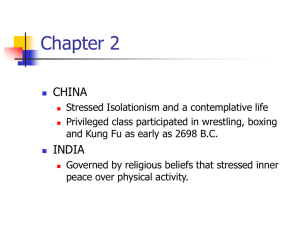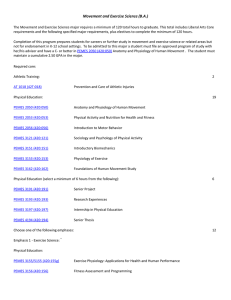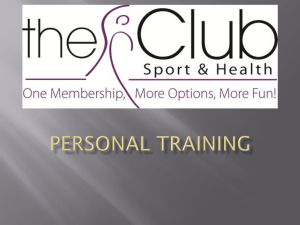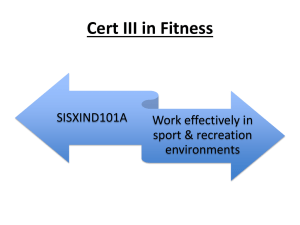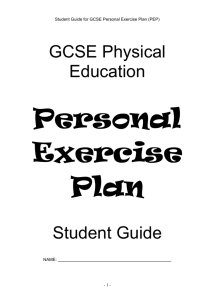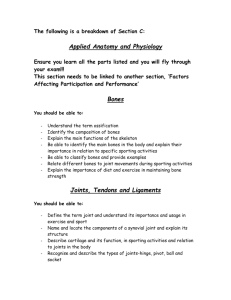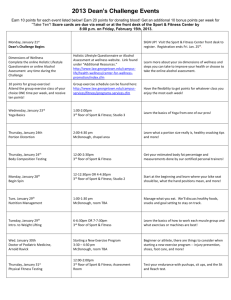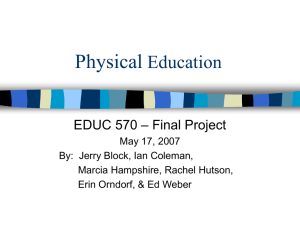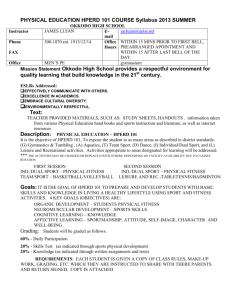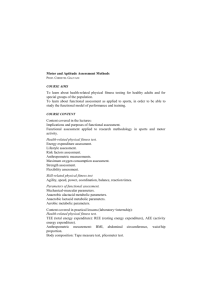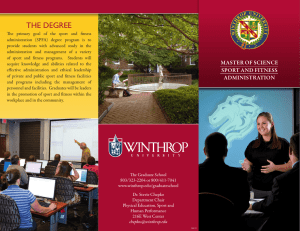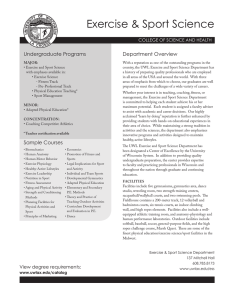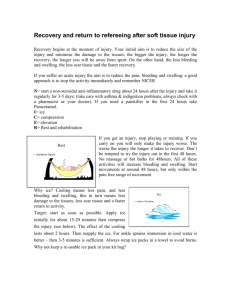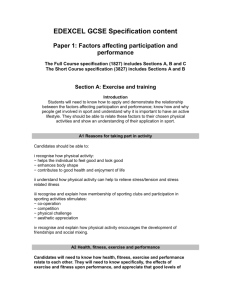Applied Science - Summary of Unit
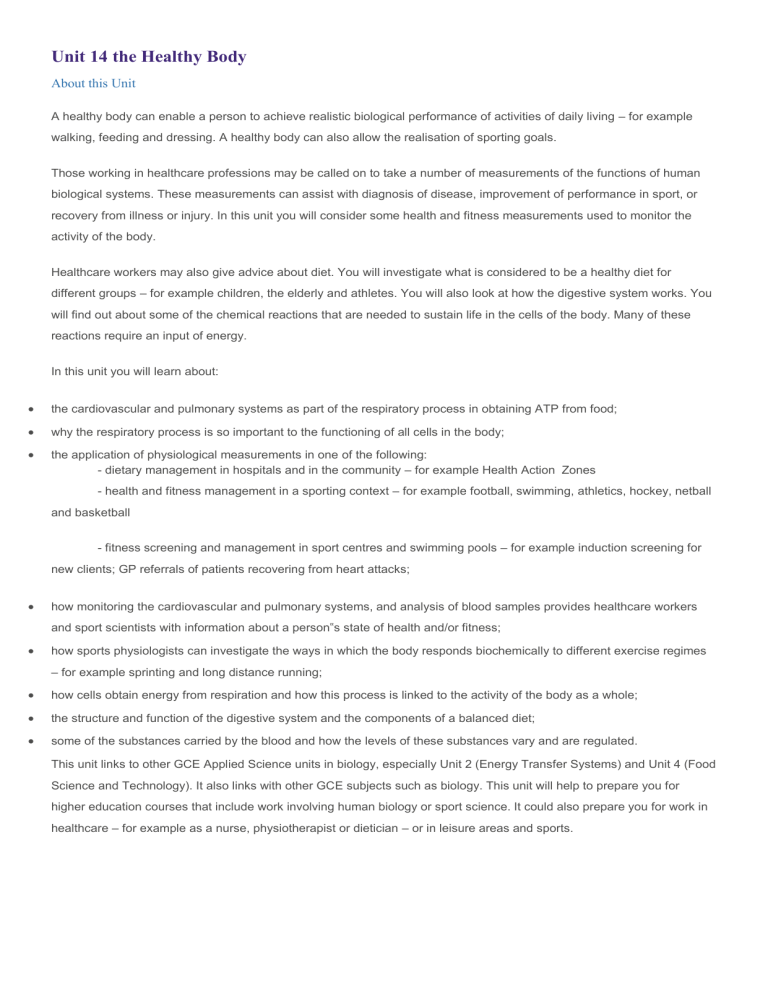
Unit 14 the Healthy Body
About this Unit
A healthy body can enable a person to achieve realistic biological performance of activities of daily living
– for example walking, feeding and dressing. A healthy body can also allow the realisation of sporting goals.
Those working in healthcare professions may be called on to take a number of measurements of the functions of human biological systems. These measurements can assist with diagnosis of disease, improvement of performance in sport, or recovery from illness or injury. In this unit you will consider some health and fitness measurements used to monitor the activity of the body.
Healthcare workers may also give advice about diet. You will investigate what is considered to be a healthy diet for different groups
– for example children, the elderly and athletes. You will also look at how the digestive system works. You will find out about some of the chemical reactions that are needed to sustain life in the cells of the body. Many of these reactions require an input of energy.
In this unit you will learn about:
the cardiovascular and pulmonary systems as part of the respiratory process in obtaining ATP from food;
why the respiratory process is so important to the functioning of all cells in the body;
the application of physiological measurements in one of the following:
- dietary management in hospitals and in the community
– for example Health Action Zones
- health and fitness management in a sporting context
– for example football, swimming, athletics, hockey, netball and basketball
- fitness screening and management in sport centres and swimming pools
– for example induction screening for new clients; GP referrals of patients recovering from heart attacks;
how monitoring the cardiovascular and pulmonary systems, and analysis of blood samples provides healthcare workers and sport scientists with information about a person‟s state of health and/or fitness;
how sports physiologists can investigate the ways in which the body responds biochemically to different exercise regimes
– for example sprinting and long distance running;
how cells obtain energy from respiration and how this process is linked to the activity of the body as a whole;
the structure and function of the digestive system and the components of a balanced diet;
some of the substances carried by the blood and how the levels of these substances vary and are regulated.
This unit links to other GCE Applied Science units in biology, especially Unit 2 (Energy Transfer Systems) and Unit 4 (Food
Science and Technology). It also links with other GCE subjects such as biology. This unit will help to prepare you for higher education courses that include work involving human biology or sport science. It could also prepare you for work in healthcare
– for example as a nurse, physiotherapist or dietician – or in leisure areas and sports.

